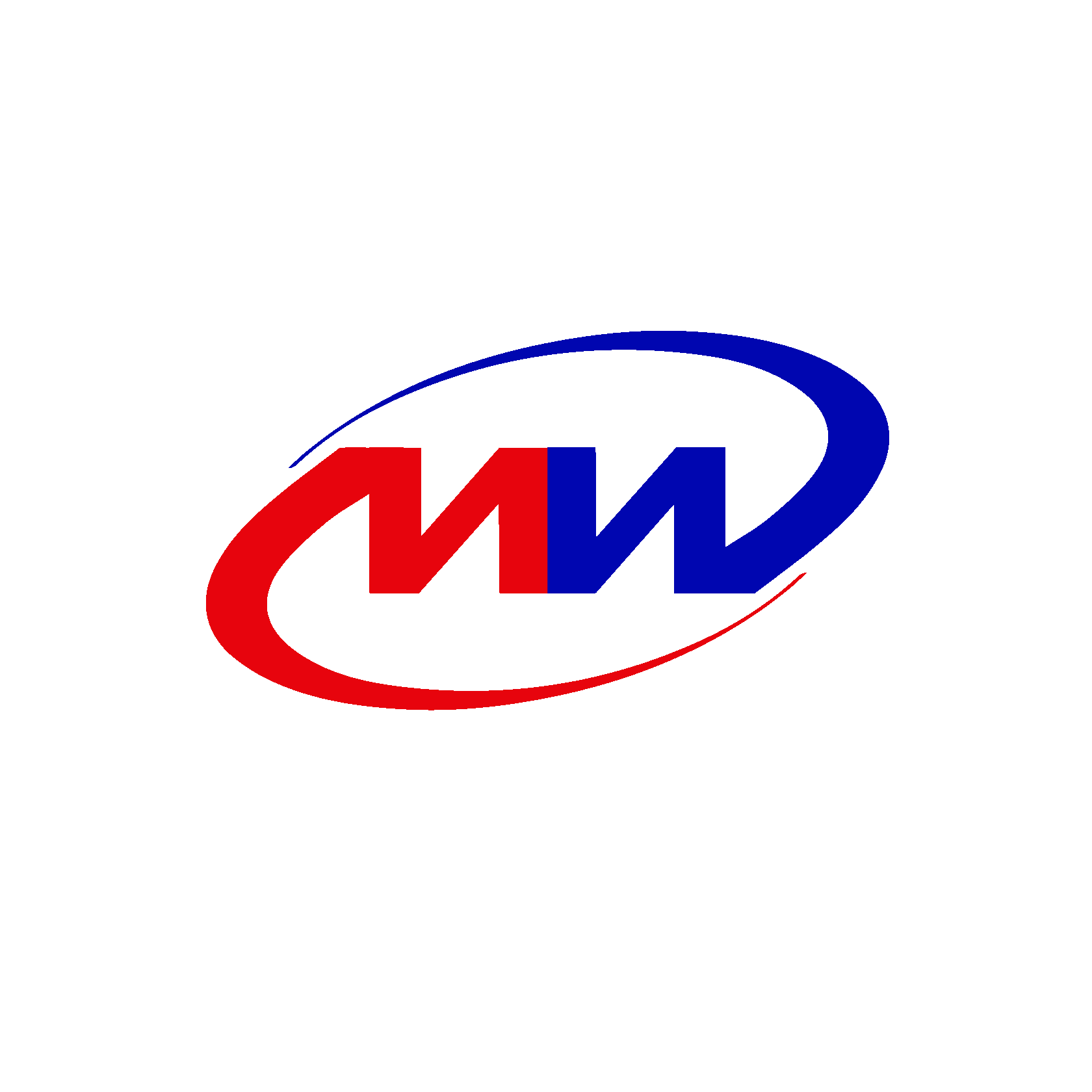Please leave your phone number below and we will contact you!
Your information is safe and will not be passed on to third parties
Please fill out a form for a quick estimate
Your information is safe and will not be passed on to third parties
Need help? Leave your phone number
and our manager will contact you!
and our manager will contact you!
WHAT IS INCOTERMS?
Incoterms (Incoterms) - short for English. International commercial terms. Translated from legal slang, it means a list of designations used in the rules of communication between the seller and the buyer in the logistics process. For convenience, counterparties indicate in the contracts short codes that are understandable to all participants in the transaction. Codes are taken in Incoterms.
Why do we need incoterms?
The creation and maintenance of Incoterms is the jurisdiction of the International Chamber of Commerce. The document eliminates uncertainty in the interpretation of logistic terms, levels out differences in the legislation of different countries, and minimizes the complexity of translation in the process of concluding international treaties.
The Incoterms codes used in contracts exclude an erroneous understanding of the terms, clearly indicate the responsibility of the parties, and reduce the risk of disputes and appeals to arbitration. Incoterms rules save the participants of transactions from costly mistakes, strengthen business confidence in foreign economic activity.
Incoterms clearly stipulates the stages of cargo transportation, the responsibility of each of the participants in the process. The rules cover:
Considering the versatility of Incoterms and the standardization of international sales contracts, buyers and sellers from different countries understand each other without problems. If necessary, you can contact lawyers - Incoterms is recognized by the courts in more than 100 states. American and European courts, when considering claims for violation of the terms of the contract, will be guided by the explanations specified in Incoterms.
The need for a common terminology becomes apparent when the task of transporting goods through several countries arises, each time facing different laws. Without a common set of rules, the process would become many times more complicated and longer.
The Incoterms codes used in contracts exclude an erroneous understanding of the terms, clearly indicate the responsibility of the parties, and reduce the risk of disputes and appeals to arbitration. Incoterms rules save the participants of transactions from costly mistakes, strengthen business confidence in foreign economic activity.
Incoterms clearly stipulates the stages of cargo transportation, the responsibility of each of the participants in the process. The rules cover:
- The process of organizing transportation, distribution of costs at each stage. It is clearly prescribed - who, how and at what time orders the services of logisticians, who is responsible for crossing customs, when and for what the supplier and the buyer pays.
- Transfer of risks in the delivery process from the supplier to the recipient. It is taken into account to what stage and who is specifically responsible for goods and materials, who will be responsible for the possible damage, loss of goods.
Considering the versatility of Incoterms and the standardization of international sales contracts, buyers and sellers from different countries understand each other without problems. If necessary, you can contact lawyers - Incoterms is recognized by the courts in more than 100 states. American and European courts, when considering claims for violation of the terms of the contract, will be guided by the explanations specified in Incoterms.
The need for a common terminology becomes apparent when the task of transporting goods through several countries arises, each time facing different laws. Without a common set of rules, the process would become many times more complicated and longer.
HOW THE RULE OF DELIVERY IS SPECIFIED IN THE DOCUMENTS
HOW THE RULE OF DELIVERY IS SPECIFIED IN THE DOCUMENTS
The main points of delivery are prescribed in the contract, invoice, specifications for goods. All of these documents contain a similarity to EXW Guangzhou China (Incoterms 2010). EXW in such an inscription means the name of the basis (self-pickup). The point is that the recipient takes out the goods from the supplier's warehouse on his own. The name of the basis is followed by the name of the point of transfer of goods (Guangzhou, China). The following is a set of rules, where the basis is taken from - Incoterms 2010. Every decade since the first edition of the rules, a new version is released, respectively - Incoterms 1990, 2000, and up to Incoterms 2020. The release of a document in a new edition does not mean that the previous versions have lost their relevance. Any list can be used in the contract, which is indicated in the delivery documents.
HOW INCOTERMS WORK
In the event that the supplier does not plan to supply the goods, he concludes a contract on the basis of EXW delivery. The buyer independently takes out the products from the warehouse, taking responsibility for payment of duties, customs clearance, and other procedures.
If the buyer acts as a seller of goods, but does not plan to engage in logistics, the DDP basis is prescribed in the supply agreement. It literally means "the goods have been delivered duty paid." The basis obliges the supplier to organize logistics, documentation, cargo escorting to the destination indicated in the contract.
Another option for the delivery basis is FOB. The rules oblige the supplier to be responsible for the goods prior to loading on the buyer's ship. From this moment, the recipient is financially responsible for all the risks associated with the transportation.
If the buyer acts as a seller of goods, but does not plan to engage in logistics, the DDP basis is prescribed in the supply agreement. It literally means "the goods have been delivered duty paid." The basis obliges the supplier to organize logistics, documentation, cargo escorting to the destination indicated in the contract.
Another option for the delivery basis is FOB. The rules oblige the supplier to be responsible for the goods prior to loading on the buyer's ship. From this moment, the recipient is financially responsible for all the risks associated with the transportation.
BASIC TERMS / BASES OF INCOTERMS
The delivery basis is chosen by the participants in the transaction during negotiations. The list distributes all bases into groups from E to D as the risks and responsibilities of the seller (supplier) increase:
- E - risks for the buyer;
- F - the seller is responsible for customs in his country, the buyer is responsible for customs clearance and delivery;
- C - the seller organizes transportation, disclaiming responsibility at the time of transfer of goods and materials to the carrier;
- D - analogue of "turnkey" delivery, when the seller is responsible for almost all stages of transportation before the transfer of the goods to the recipient
EXW
The seller undertakes to deliver the goods to the recipient at his own facility (warehouse, factory). The buyer must pick up the goods, load them onto transport, go through customs in the supplier's country, organize delivery to their country, unloading and customs clearance of the goods. The recipient assumes all risks at the time of transfer of the goods to him. Importers are advised to use this basis only if it is possible to arrange delivery on their own.
FCA
The seller is responsible for paying customs duties for export, shipment of goods and materials to the transport company chosen by the buyer, fixing the act of transfer in the waybills. The buyer undertakes to arrange and finance the import freight, unload the goods upon arrival and pay the import duties. Risks are transferred from the supplier to the consignee when the goods are handed over to the first carrier. The popular basis is used in over 50% of transactions.
FAS
Used in the delivery of goods by sea. The seller assumes payment for customs procedures, export. Also organizes delivery to the recipient's ship. The latter is responsible for loading goods on board, delivering and unloading at the destination, paying for imports and customs procedures. Risks are transferred from the seller to the buyer at the time of placing the goods and materials on the berth (at the side of the sea vessel).
FOB
The basis is used in sea freight. The seller pays for customs procedures, export duties. His responsibilities also include transportation to the port and loading on board the buyer's vessel. The latter organizes delivery and unloading in his country, pays customs procedures and import duties. Risks are transferred from the supplier to the consignee at the time of loading on board (recorded in the bill of lading).
CFR
It is used in sea freight. The supplier pays for procedures at customs in his country, export duties. Other duties: loading goods on board and delivery to the port specified by the buyer. The recipient is responsible for unloading containers at the point of destination, paying import duties, customs procedures. Risks are transferred from the seller to the buyer when the goods are loaded on board.
CIF
"Sea" basis. Provides for the payment of transport costs by the seller. He also insures the cargo, pays the export duty and customs documentation, loads the goods on board and delivers them to the port specified by the buyer in the contract. The recipient is responsible for unloading, paying import duties and the cost of customs procedures. Risks are transferred from the seller to the buyer when the goods are placed on board in the country of dispatch.
CIP
The seller insures the cargo, loads it onto the vehicle, delivers it to the recipient, pays for customs procedures and export duties. The buyer unloads the transport, pays import duties and customs procedures. Unlike the previous basis, this one is suitable not only for sea freight, but for delivery by land, air.
DAP
The seller pays for procedures at customs, export duties. Delivers goods to the destination indicated by the buyer. The latter organizes the unloading of the vehicle, pays for customs procedures, imports. Risks pass from the supplier to the recipient at the destination.
DPU
The seller undertakes to pay for all procedures at customs, export duties. Delivers the goods to the recipient at the designated delivery point, unloads. The buyer only pays for import duties and customs in their country. Risk passes from the supplier to the counterparty after the goods are unloaded and transferred to the recipient.
DDP
The seller pays export, import duties. Responsible for transportation to the destination specified in the contract. The buyer is only required to organize the unloading of the vehicle and the acceptance of the goods. The risks are transferred to the buyer after customs clearance at the time of transfer of goods and materials.
HOW INCOTERMS IS APPLIED IN RUSSIA
Since 2012, Incoterms has been officially recognized in Russia. The decision was made by the Board of the Chamber of Commerce and Industry. When considering disputes, even if Incoterms are not spelled out in the sales contract, the court may be guided by international rules when making a decision. Russian arbitration courts often refer to Incoterms in their decisions, even if the parties do not express a desire to apply the rules to the case.
WHAT IT IS WORTH REMEMBERING ABOUT CONCLUDING A DEAL WITH INCOTERMS
The recommendations specified in Incoterms do not replace the well-thought-out conditions of the purchase and sale contract, they only clarify some points regarding the logistics chain of cargo transportation.
The Incoterms rules cannot be guided to find out the moment of transfer of ownership. According to the laws in force in Russia, even upon the transfer of goods from the seller to the buyer, the latter does not receive the right of ownership at the same time. It is important to consider this point when importing. The goods will become the property of the buyer only after customs clearance. Therefore, apart from the procedure prescribed in Incoterms, legal companies recommend to their clients to include in the contract the terms of the transfer of ownership. As a standard, the buyer is vested with such rights as soon as the goods are released for free circulation in Russia.
The international set of Incoterms rules does not contradict Russian legislation, but it also cannot replace existing articles. In Russia, only residents are involved in declaring goods, therefore importers (buyer or customs representative) draw up customs documents for themselves. Therefore, it is difficult and sometimes impossible to apply such a basis as DDP (responsibility only to the seller) in Russia.
Incoterms concerns only logistics. The rest of the terms of the transaction - the quality and value of the goods, methods and terms of payment - are regulated by other documents.
When concluding a contract with a seller, it is worth choosing an Incoterms basis that does not contradict common sense. When it is required to deliver perishable goods, the delivery scheme should include the responsibility of the party to the transaction who has the appropriate capacity to implement the process.
It is worth remembering that the set of rules and recommendations is regularly updated. In 2020, the innovations touched upon the following points:
The choice of which version of Incoterms to use remains with the parties to the transaction. The main thing is to indicate in the contract an option that suits all parties.
The Incoterms rules cannot be guided to find out the moment of transfer of ownership. According to the laws in force in Russia, even upon the transfer of goods from the seller to the buyer, the latter does not receive the right of ownership at the same time. It is important to consider this point when importing. The goods will become the property of the buyer only after customs clearance. Therefore, apart from the procedure prescribed in Incoterms, legal companies recommend to their clients to include in the contract the terms of the transfer of ownership. As a standard, the buyer is vested with such rights as soon as the goods are released for free circulation in Russia.
The international set of Incoterms rules does not contradict Russian legislation, but it also cannot replace existing articles. In Russia, only residents are involved in declaring goods, therefore importers (buyer or customs representative) draw up customs documents for themselves. Therefore, it is difficult and sometimes impossible to apply such a basis as DDP (responsibility only to the seller) in Russia.
Incoterms concerns only logistics. The rest of the terms of the transaction - the quality and value of the goods, methods and terms of payment - are regulated by other documents.
When concluding a contract with a seller, it is worth choosing an Incoterms basis that does not contradict common sense. When it is required to deliver perishable goods, the delivery scheme should include the responsibility of the party to the transaction who has the appropriate capacity to implement the process.
It is worth remembering that the set of rules and recommendations is regularly updated. In 2020, the innovations touched upon the following points:
- The language of the document has become extremely clear and accessible due to the introduced infographics.
- Some of the names of the bases have changed. Instead of DAT, DPU is used, which actually means delivery not to the customs terminal, but to the place with unloading. The terminal is not mentioned to make it easier for the parties to negotiate.
- Contracts referring to Incoterms 2020 necessarily contain requirements for the safety of cargo transportation (who checks the containers before shipment, who is responsible, etc.).
The choice of which version of Incoterms to use remains with the parties to the transaction. The main thing is to indicate in the contract an option that suits all parties.
SERVICES



